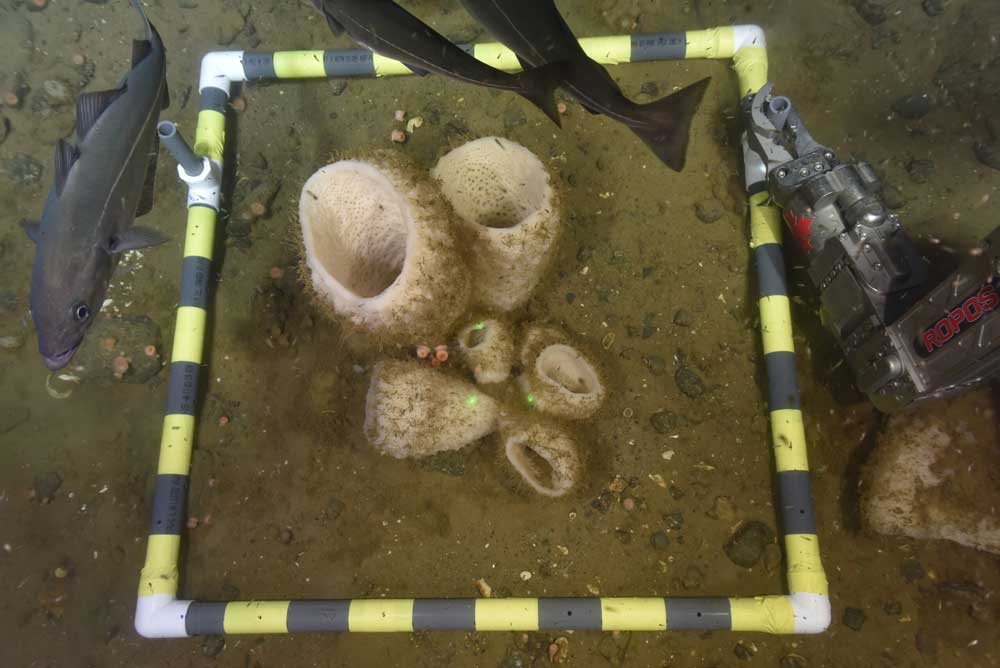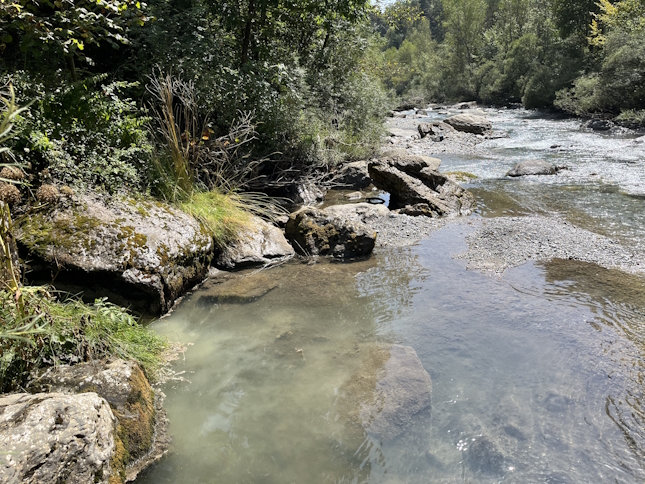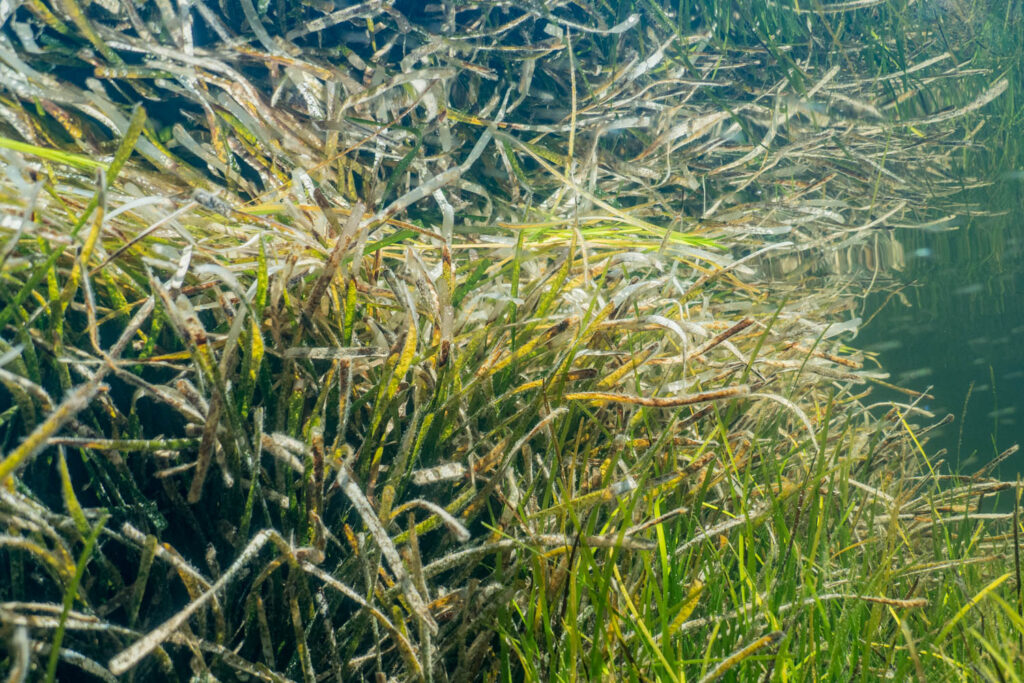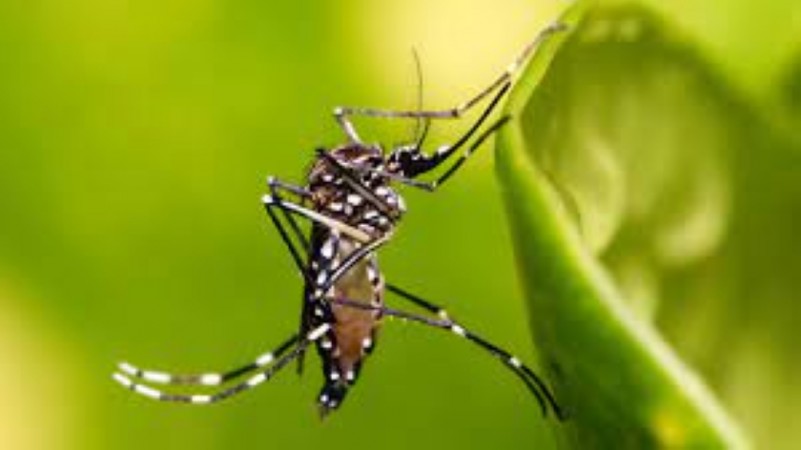SponBIODIV is a key initiative to protect marine sponges and their ecosystems.
Its main activities include:
- Improving the understanding of marine sponge diversity and distribution
- Creating new monitoring tools for sponge habitats
- Increasing knowledge of the threats that marine sponges are facing
- Developing effective conservation measures to protect restore marine sponges
- Contributing to the implementation of the EU Biodiversity Strategy for 2030
SponBIODIV’s main goal is to establish a sponge diversity and distribution baseline knowledge, as well as delivering tools to improve management and conservation of sponges across the Atlantic and Mediterranean.
More specifically, this project will aim to:
- Identify bio and phylodiversity hotspots of sponge and sponge habitats across the Atlantic and Mediterranean, by compiling the most comprehensive dataset of sponges of this region.
- Establish ecological/genetic corridors and refugia areas between species and regions, combining biophysical modelling and population genomic approaches.
- Develop new methodologies for wider biodiversity detection and monitoring of sponge habitats by harnessing the potential of eDNA and sponges as natural samplers of eDNA.
- Assess the current conservation status of species and habitats in line with major international processes.
- Engage relevant stakeholders for co-production and co-delivery of data and practical tools to inform management, conservation, and restoration actions.
- Raise public awareness of the importance of sponge species and habitats.










